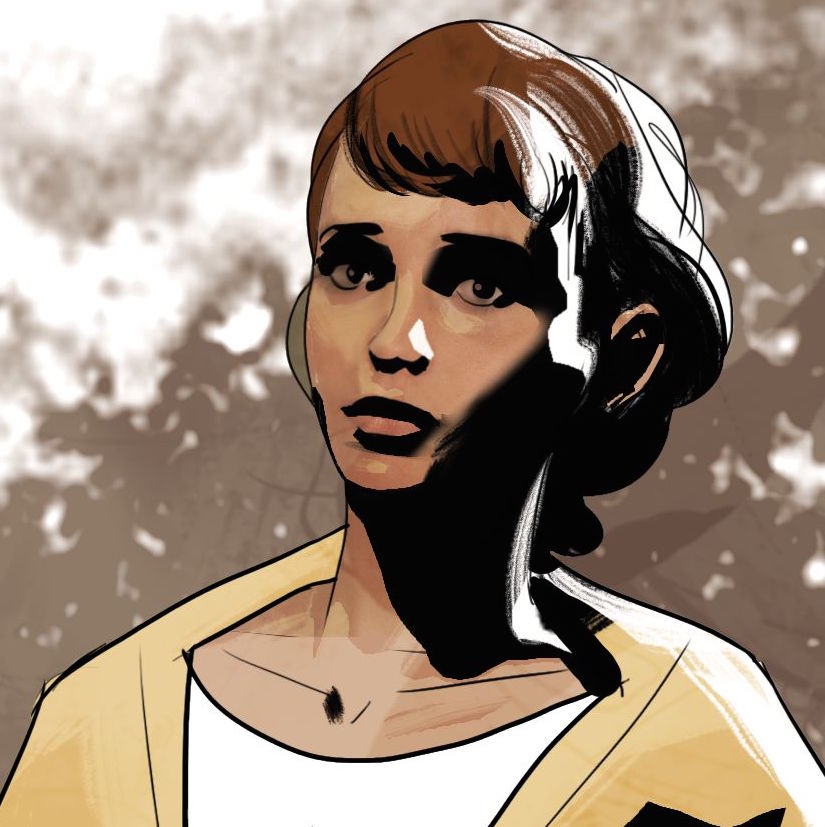February 25, 1916
Dear Diary,
I haven’t had the urge to write for the last few days, but perhaps now the spark of hope has been relit.
As I mentioned, I asked our newspaper’s editor about the prospect of joining the growing group of overseas journalists like Alice Rohe and Mary Roberts Rinehart, whose incredible book Kings, Queens and Pawns has kept me awake many a night since I picked it up late last year. To my great dismay, my request was denied. My “magnanimous” editor feels that it is in my best interest to remain safe and sound here on Canadian soil. Little does he know that my heart is already in Europe…
But enough about what is holding me back; I want to tell you about what is driving me forward. I have been able to maintain contact with Dim Seed, whose travels through Europe are giving him the opportunity to meet a great number of soldiers, civilians and dignitaries, all of whom are shedding light on the larger significance of this Great War. Dim has encouraged me to dig deeper into the archives and think about the events that led up to these bloody battles. This is not simply about the assassination of the Archduke. Instead, the true origin of the war goes much farther back.
Dim recently chronicled the story of a young soldier from Newfoundland named James Corcoran, who is part of the Royal Newfoundland Regiment, a proud and vital troop fighting alongside its British brethren. Perhaps one day, Newfoundlanders may choose to join Canada and add their great traditions to our growing country, but for now they have a proud identity all of their own. James joked with Dim that it would take a second Great War for Newfoundlanders to ever consider joining the Dominion.
James has been knee-deep in the war since he arrived in Europe last May. His first assignment was at Gallipoli, where the regiment gained notoriety as a fierce fighting force. He then went to Egypt, where he spent time with T. E. Lawrence during the Arab Revolt .
Thomas Edward Lawrence
Personally, I am more interested in a passing reference he made while speaking to Dim. During their conversation, James mentioned a series of photographs his regiment was in possession of that captured the images of a number of women believed to be spies. Dim confided in me that both Mata Hari and Edith Cavell were on that list.
The Spies
I know now that this will be the last entry I write on Canadian soil. Dim has put me in contact with a civilian ship travelling to Spain. As a neutral country, it will be a good starting point for my journey. From there, I plan to make my way to the Western Front, where rumour has it that James and his regiment will be redeployed after the spring thaw. I can’t stay here in Canada anymore, where we take our frustration out on our own citizens for lack of any better outlet. Just recently, a race riot broke out against German Canadians in Calgary.. Anti-German sentiment has been growing in Canada over the last few years, but I just can’t believe that Calgary would be the centre of a new anti-German uprising.
Although I can’t explain exactly why, I know that I must make my way across the Atlantic. Diary, you have been my confidant through these difficult years, and I put my faith in you to share my story with my family once I have left. They will not understand, so give them the strength and knowledge to have faith in my decision. I will mail them this chronicle once I have reached Halifax. The ship leaves in one week — there is no time to waste.
Until we meet again,
Rose



